World Mental Health Day 2017
Boost your workplace wellbeing
At SHEilds we’re keen proponents of good workplace wellbeing, having covered the topic several times in the past along with our NEBOSH Health and Well-Being course training people to specialise in its management.
In line with the focus of World Mental Health Day 2017 on the same theme we thought we’d weigh in with some thoughts and advice of our own, helping people and companies to boost your workplace wellbeing.
Workers are not robots
This is hardly an original point, but it provides a suitable backdrop to talk about wellbeing seriously; workers are not robots.
Rather than simply emphasise this in relation to stereotypically uncaring employers, sometimes it’s something employees need to be reminded of too. When the pressure is on to meet deadlines, we can lose sight of our own wellbeing – psychological and physical – with the real damage registering only after it has occurred.
Ignoring the toll of extreme stress and bad working habits, resolving to burrow further into work will likely only postpone related issues. Taking a step back and acknowledging your personal needs in equal measure to the workplace’s should be as much a priority as any milestone.
Keep active and break up the day
According to the NHS* the connection between prolonged sitting and poor health was established in the 1950s, originally centring around the doubled chances of a heart attack for bus drivers compared with standing conductors.
Despite increasing evidence over almost 70 years since (affirming this point for all professions), ironically most of us are sitting more, not only in the workplace but at home as well thanks to the increasing prominence of connected devices.
There are numerous unpleasant side effects thought to be associated with sitting – more information can be found here – including inhibited metabolism resulting in poor regulation of blood pressure, sugars and weaker muscles.
It goes without saying that much of this can consequently have an impact on our state of mind, making us feel more fatigued and weary than we should. As such, it’s important that we make time for activity amongst sitting time if that is predominantly how you work.
Too often busy roles and burgeoning task lists cause us to make excuses for ‘cancelling’ lunch or postponing breaks; sometimes this is truly unavoidable, but the danger lies in exceptions becoming the rule. Making time for your lunch break and short breathers throughout the day is vitally important so find a system that encourages you to do so.
You might agree on a regular time to catch a walk with a colleague, plan out tea and coffee breaks or simply step out for a moment’s air. Whatever you decide, keep active and break up the day; you’ll definitely feel the difference!
Display Screen Equipment
This is somewhat related to the previous point but deserves specific mention.
The heavy use of Display Screen Equipment (DSE) connected with most modern office jobs carries substantial health risks which are overlooked far too often. To prevent issues such as eyestrain and repetitive strain injury (RSI) taking short regular breaks from your workstation can have a great deal of impact.
It may be as simple as adjusting your focus to a distant object in the office and giving your hands a break from typing every hour or so. Make a game of it, tie it to a coffee break or change tasks, either way moderation is more likely to keep you motivated and protect you from long-term damage.
Don’t be a lone wolf
Talk and friendships matter, so don’t be a lone wolf.
It’s not uncommon for people to glorify workplace machismo, in the worst instances going so far as to paint completely isolated working behaviours as heroic and seeking assistance as being a form of weakness.
Unfortunately, this type of working culture is dangerous to individuals and potentially damaging to workplace productivity as a whole.
Creating an atmosphere where collaboration is frowned upon results in a fractured, toxic working environment where miscommunication is rife. For individual wellbeing though the picture is even worse; if you begin to struggle or feel unable to cope with your workload the stress related is compounded by isolation, creating the sensation of having nowhere to turn for help.
Supportive working relationships help everyone. Simple as it may be, having a sympathetic ear to direct our problems to and someone willing to offer friendly advice can alleviate stress immensely. It could even be potentially lifesaving if someone is entering a downward spiral of depression and self-doubt.
Maintain Personal Goals
Feeling your life has become nothing but work can erode our long-term motivation, as we feel our ‘self’ and personal inspiration being lost among company milestones and demands.
A good way to offset this kind of mental fatigue is to maintain personal goals and objectives that extend beyond those of our workplace. What these are will depend upon your own interests and plans for advancement, but learning new skills is often advised.
By developing new abilities and knowledge we enhance feelings of self-worth and confidence that stand apart from our workplace, meaning that when confidence within a role is shaken there is something of a mental cushion to fall back on; a sanctuary if you will.
Are you interested in developing Health, Safety or Environmental knowledge? Be sure to check out our eLearning courses or ask for more information.
You are never alone
It can often feel like it, but you are never alone. There are always places to turn and people who want to help providing you know where to turn.
The textbook line given regarding inadequate support for wellbeing in the workplace is to approach management regarding the issue, however this can be daunting, even within a supporting environment. Sometimes the people we are most familiar with can also be the most difficult to open up to about difficulties coping or a personal issue effecting work.
Remember that external means of support are also readily available; speaking with your GP or contacting mental health organisations such as mind.org.uk about wellbeing issues means anyone can seek independent support without fear of reprisal.
Talk, take action or seek advice. Never bury a problem.
Owen Roach
*https://www.nhs.uk/Livewell/fitness/Pages/sitting-and-sedentary-behaviour-are-bad-for-your-health.aspx

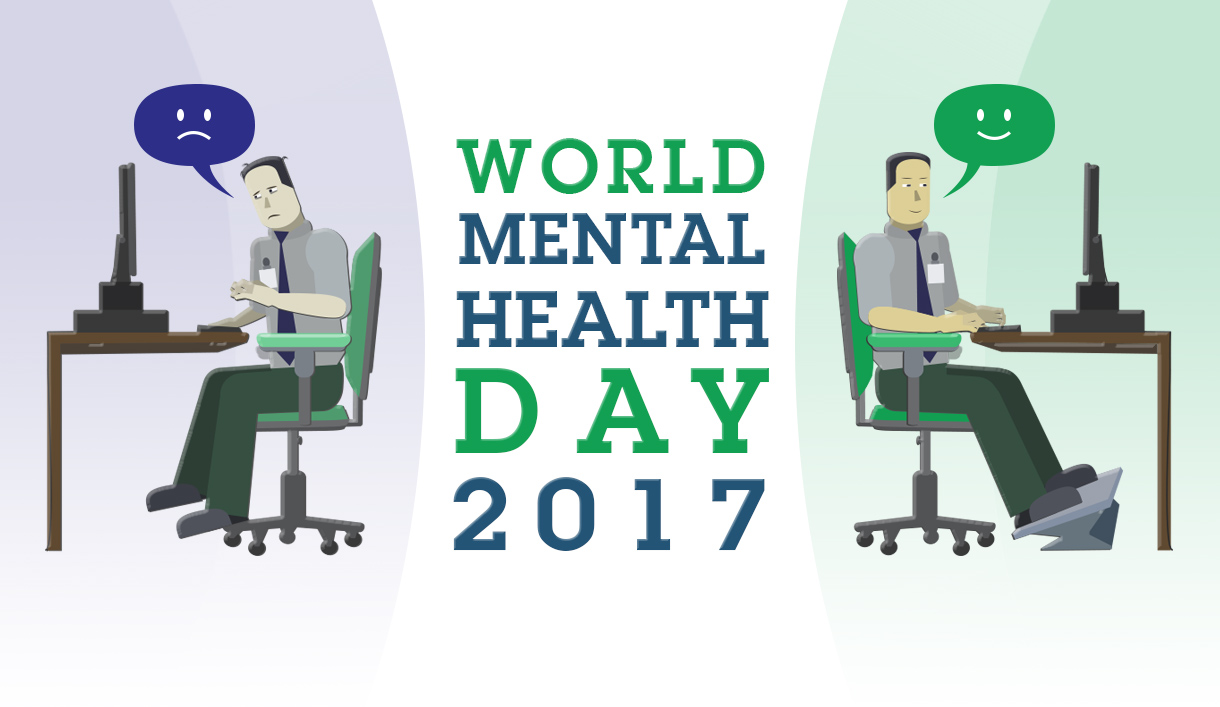

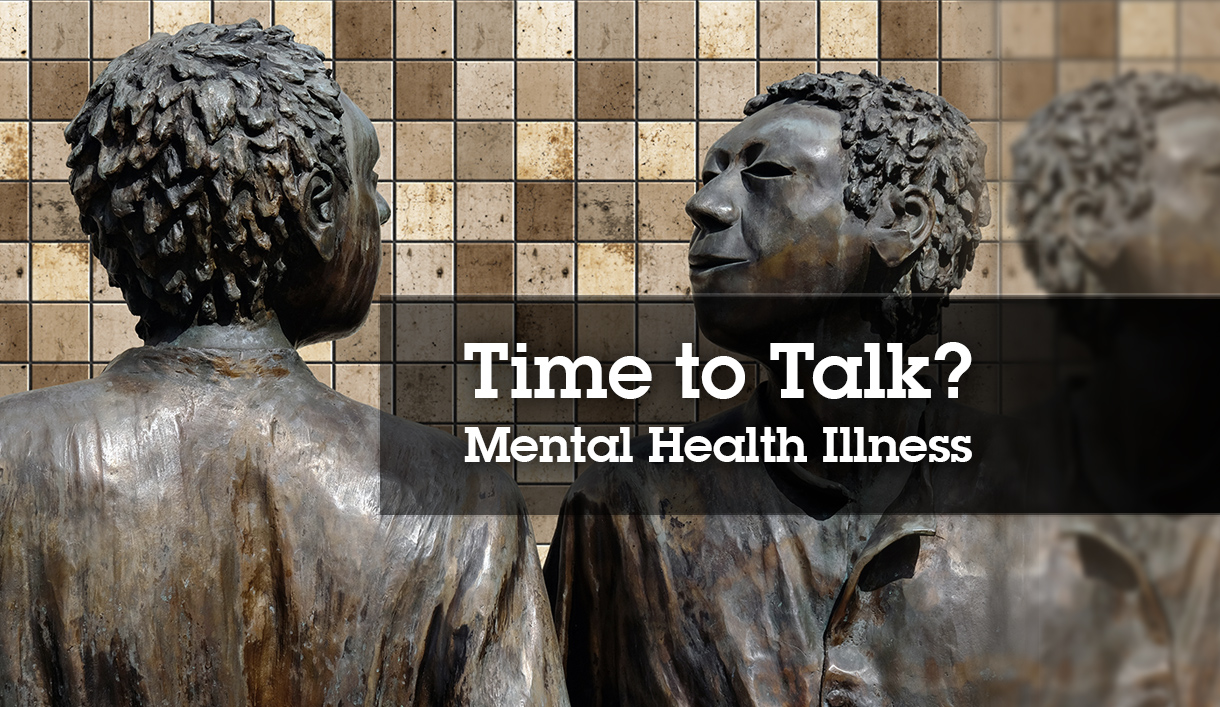
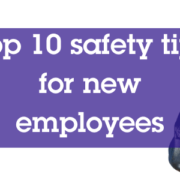
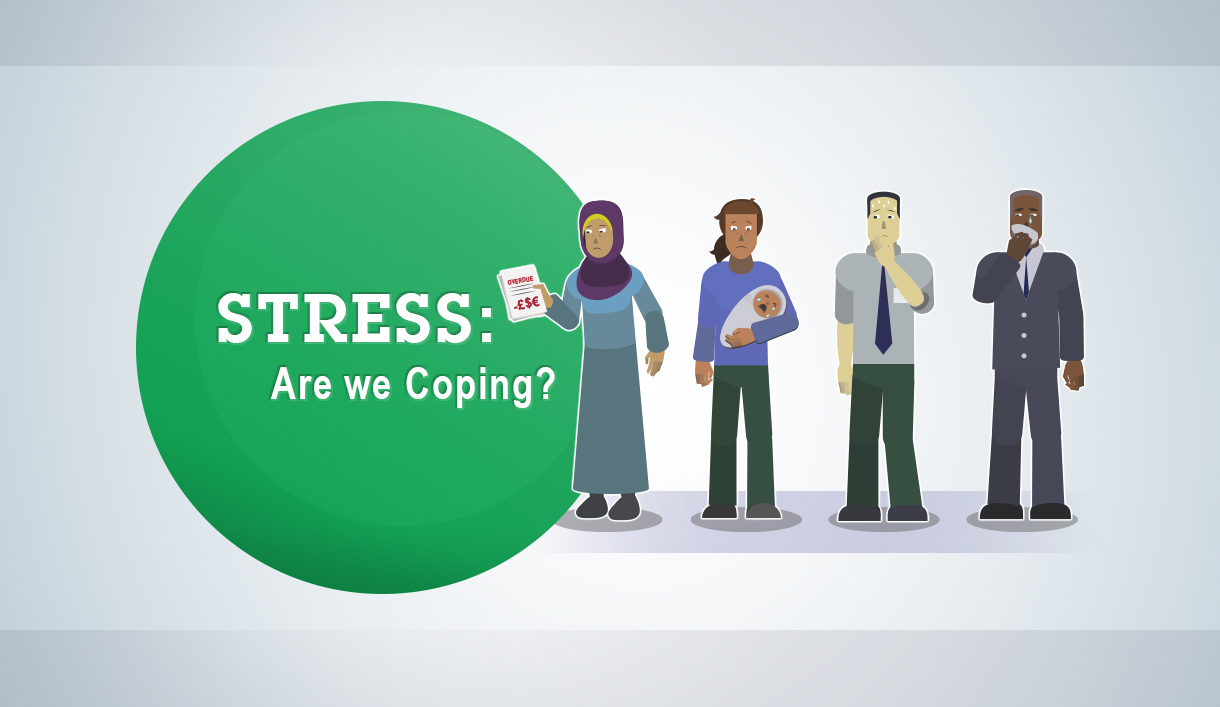
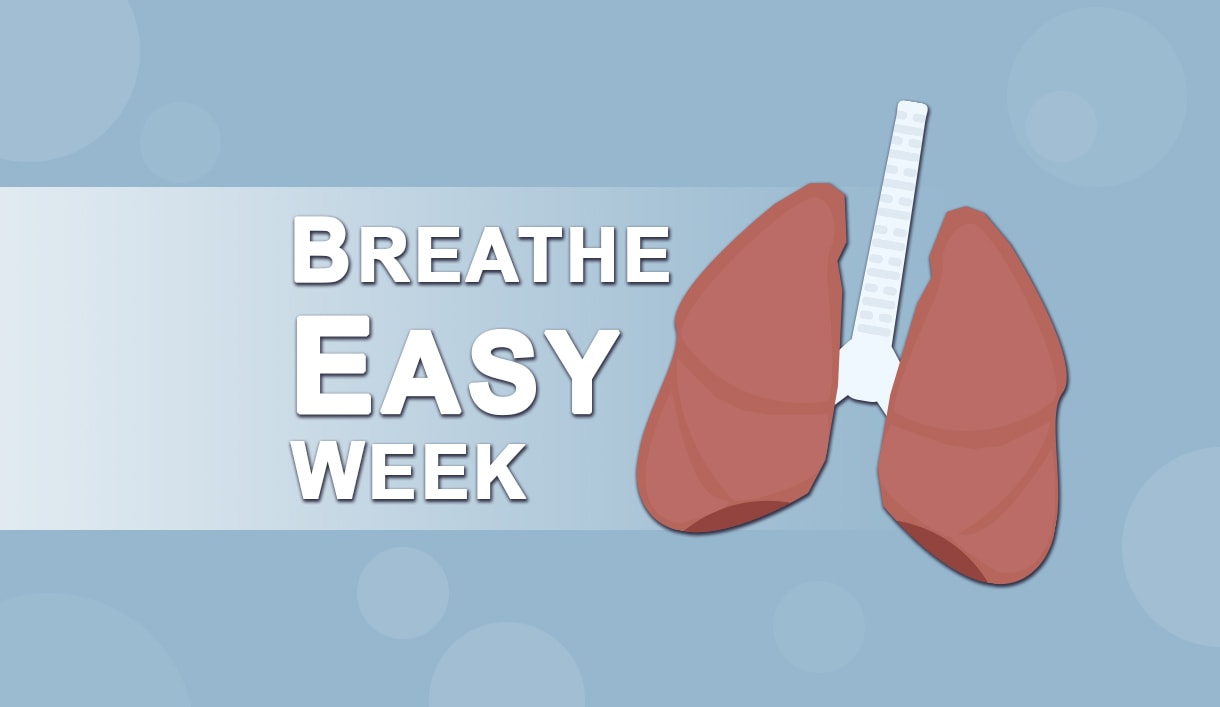


Leave a Reply
Want to join the discussion?Feel free to contribute!